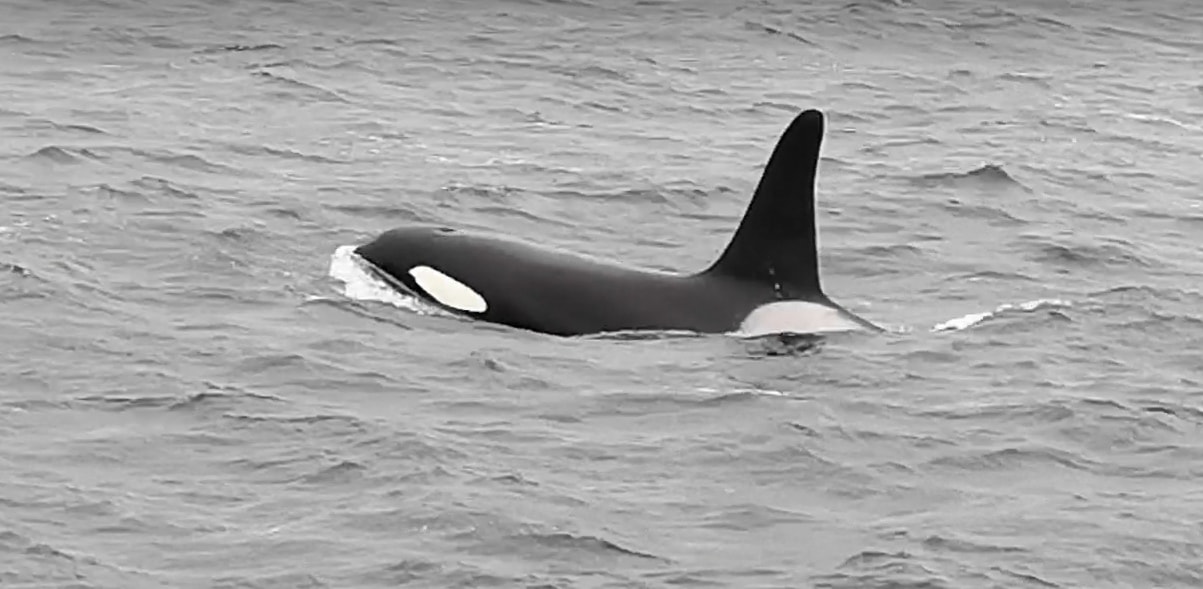Sea mammal protection effort awarded nearly £200k

Plans to prevent the disappearance of Scotland’s whale and dolphin populations have been given the go ahead, thanks to funding from The National Lottery.
As Scotland’s Year of Coasts and Waters begins, funding of £190,400 from the National Lottery Heritage Fund aims to help extend an existing citizen science scheme to now monitor at risk species of whale, dolphin and harbour porpoise in Orkney and Shetland.
Shorewatch, which is run by marine charity Whale and Dolphin Conservation (WDC) encourages young and old to train as volunteers to identify and scientifically record the movements of legally protected species of whales, dolphins and porpoises — it is possible to spot up to 18 different species from the coast of the Northern Isles.
Around 180 people will be involved in collecting vital data about where they breed, feed and travel. Their findings will feed into marine conservation planning, influencing policy and development decisions to ensure better protection for whales and dolphins.
Caroline Clark, Scottish director of The National Lottery Heritage Fund, said: “Urgent action is needed to help nature recover.
“National Lottery funding is creating incredible opportunities for people to take such action for species under threat and, crucially, equipping a new generation with the skills and passions to make a real difference for the future of our natural world.”
Katie Dyke, policy officer at Shorewatch, added: “Whales, dolphins and porpoises are facing a number of threats in UK waters, but it is not too late to make a positive change. Creating a connection with the ocean and these incredible creatures is key to empower communities to protect them.
“This National Lottery Heritage Fund grant will not only allow us to collect vital data to better understand how species use the waters around the Northern Isles, but it will allow us to work closely with local committees and nurture an education, connection and love for these amazing creatures we are lucky enough to be able to watch from our coastline.”

